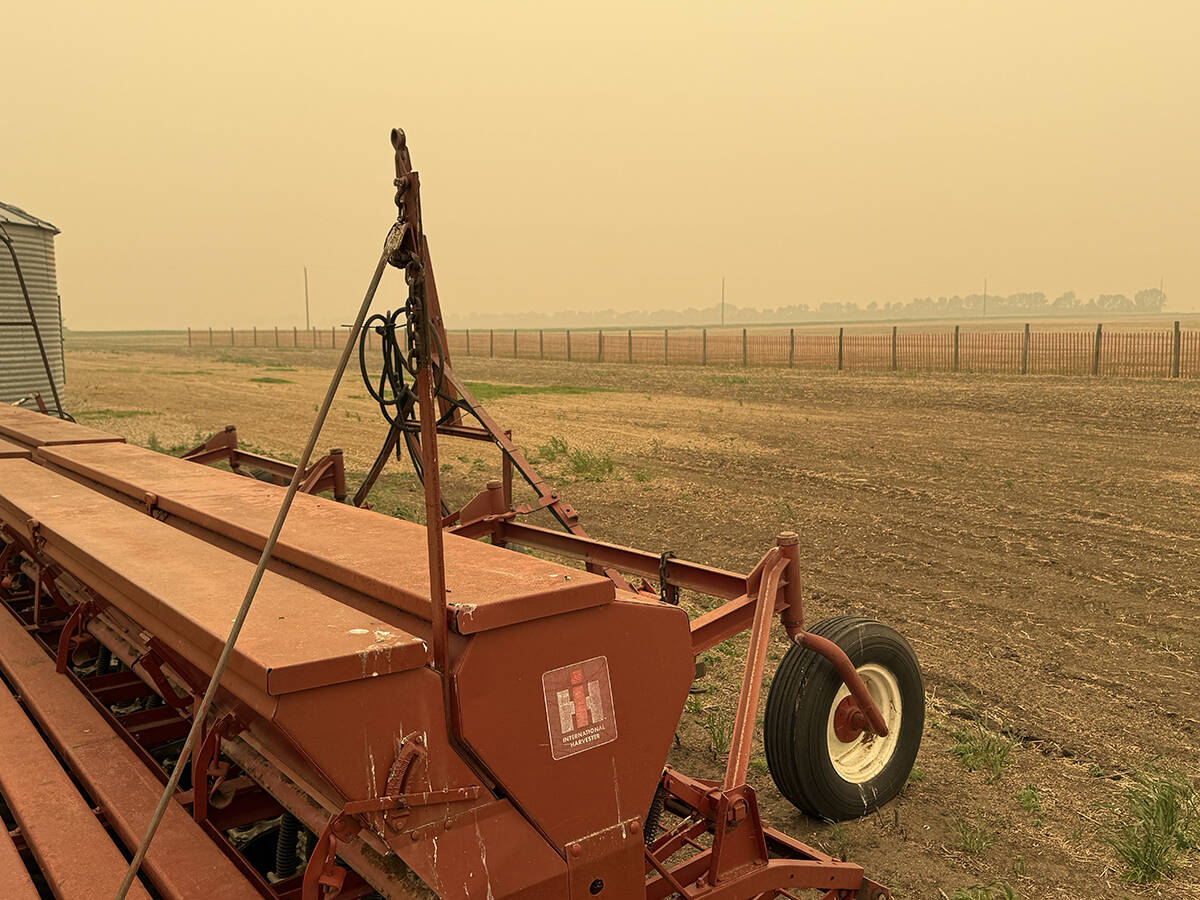The Canadian Food Inspection Agency has become too aggressive in charging or threatening to charge food businesses for minor infractions of food law or regulations, says a former CFIA president.”From my perch, perhaps I see it more than most but I do see it increasing,” Ron Doering said May 20. “I think it is used excessively now.”In a column written for Food in Canada, he said many in the industry do not understand the power the agency has to close them down or charge them with an infraction under the 10 pieces of legislation, hundreds of pages of regulations and thousands of pages of interpretation and edicts that empower the agency. Convictions can lead to heavy fines or jail terms.Doering said CFIA rules and powers represent the heavy hand of government, “a hand that is mostly thumbs with few fingers.”And he lamented that a succession of governments and agriculture ministers have not appointed members to a ministerial advisory board that is called for in the CFIA legislation.Since there is no avenue for industry to appeal CFIA actions or decisions, he said the advisory committee was meant to be a “safety valve” where complaints about the agency could be aired and possibly brought to the attention of the minister.”It is really an accountability mechanism,” he said. “I know from experience that the prospect of every three months having these folks talking to the minister about CFIA issues with me sitting beside them to respond to the minister’s questions was an exercise in accountability.”Doering recalled at one meeting, a member of the advisory committee said he had received complaints about the lack of approvals for a veterinary product. The minister found a staff shortage down the line.Money was found and the problem was fixed.This is not the first time the former CFIA president has complained about excesses at the agency. He was the second president after the agency was created in April 1997 and now practises food law in Ottawa.In a 2006 commentary, Doering noted that the agency has “sweeping enforcement powers” that allow it to search, seize record and hold or recall product without ever getting a court order. If it lays a charge against a company, it only has to prove that the infraction occurred.”In my practice, I’ve come to learn of a more aggressive policy, recently adopted by the CFIA, which has led to a remarkable increase in criminal prosecutions for non-compliance with agriculture and food law,” he wrote in September 2006.Doering said re-establishing the advisory committee and changing the attitude of senior agency management would help.
Read Also

Wildfires have unexpected upside this year
One farmer feels smoke from nearby wildfires shrouded the July skies and protected his crop from the sun’s burning rays, resulting in more seeds per pod and more pods per plant.














